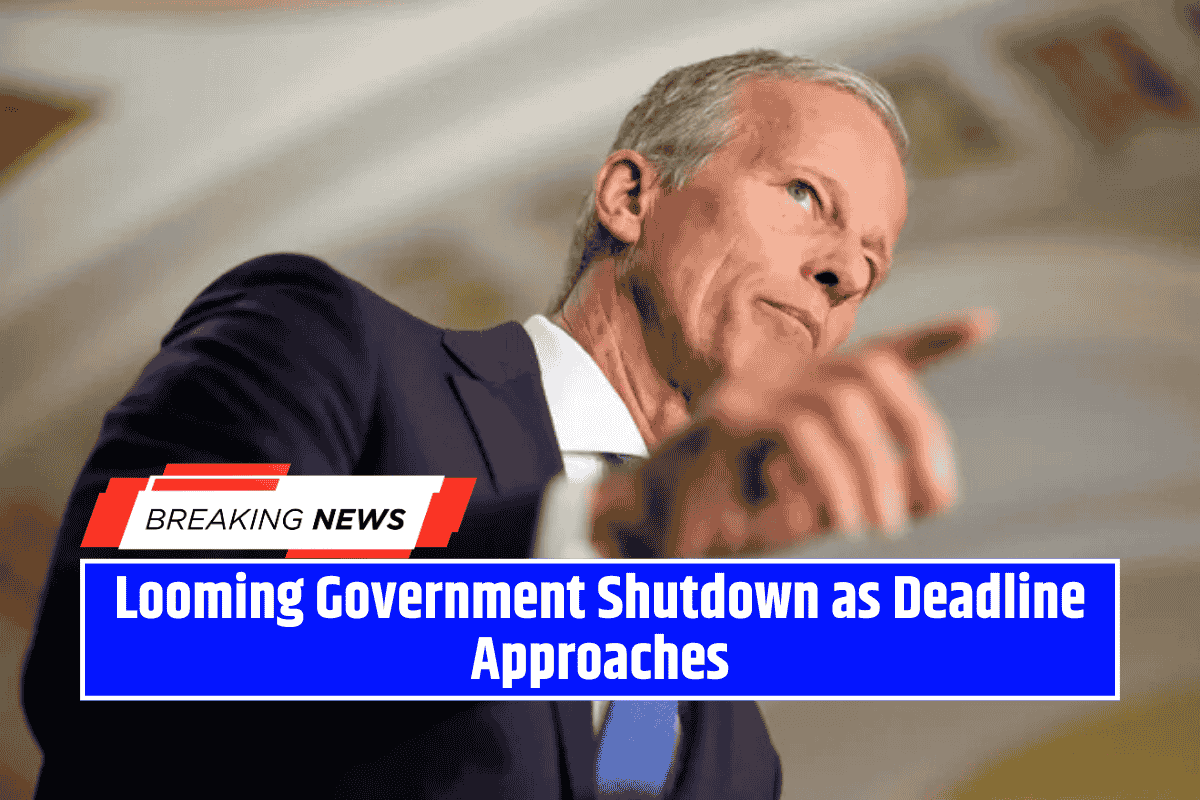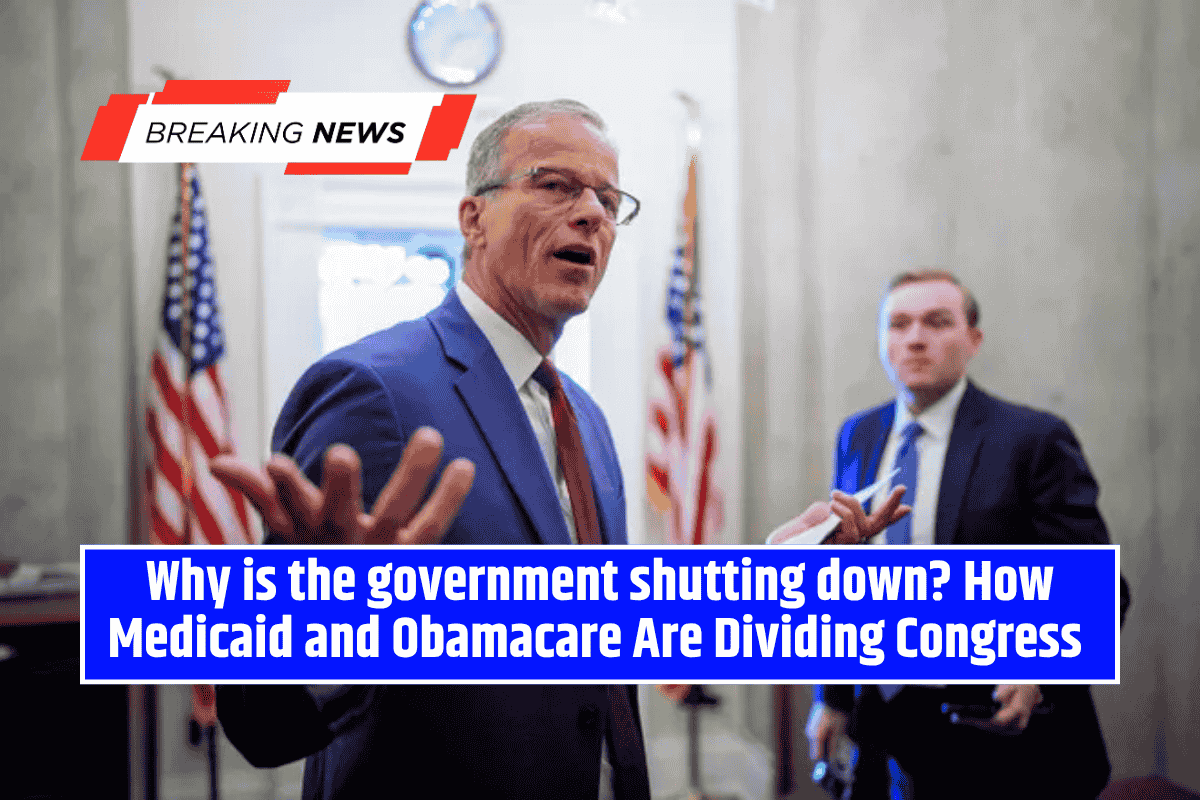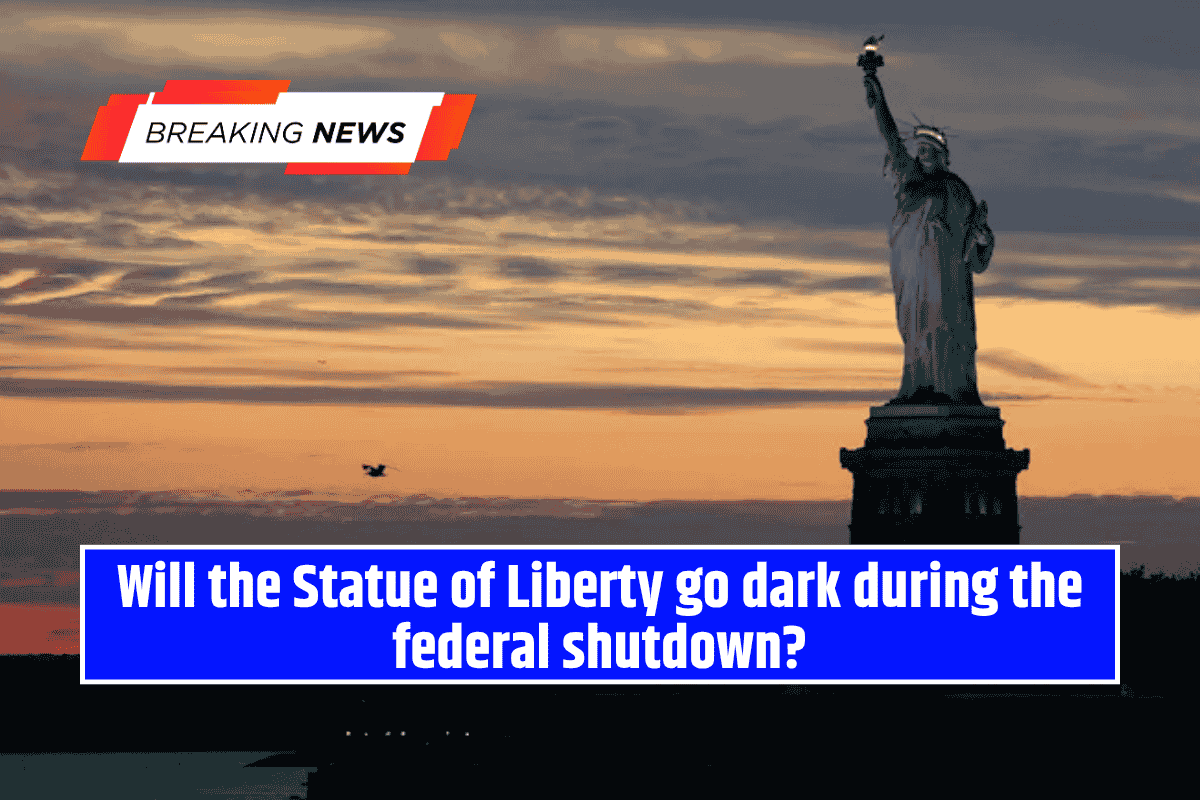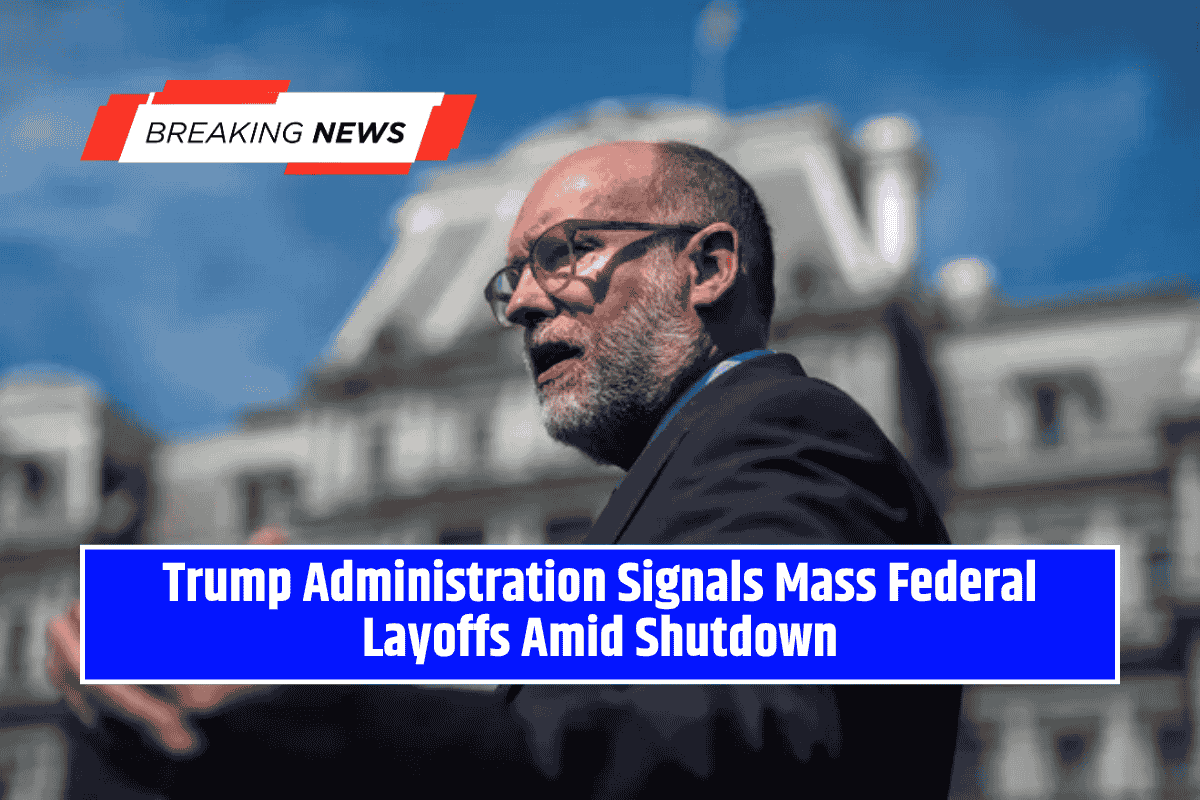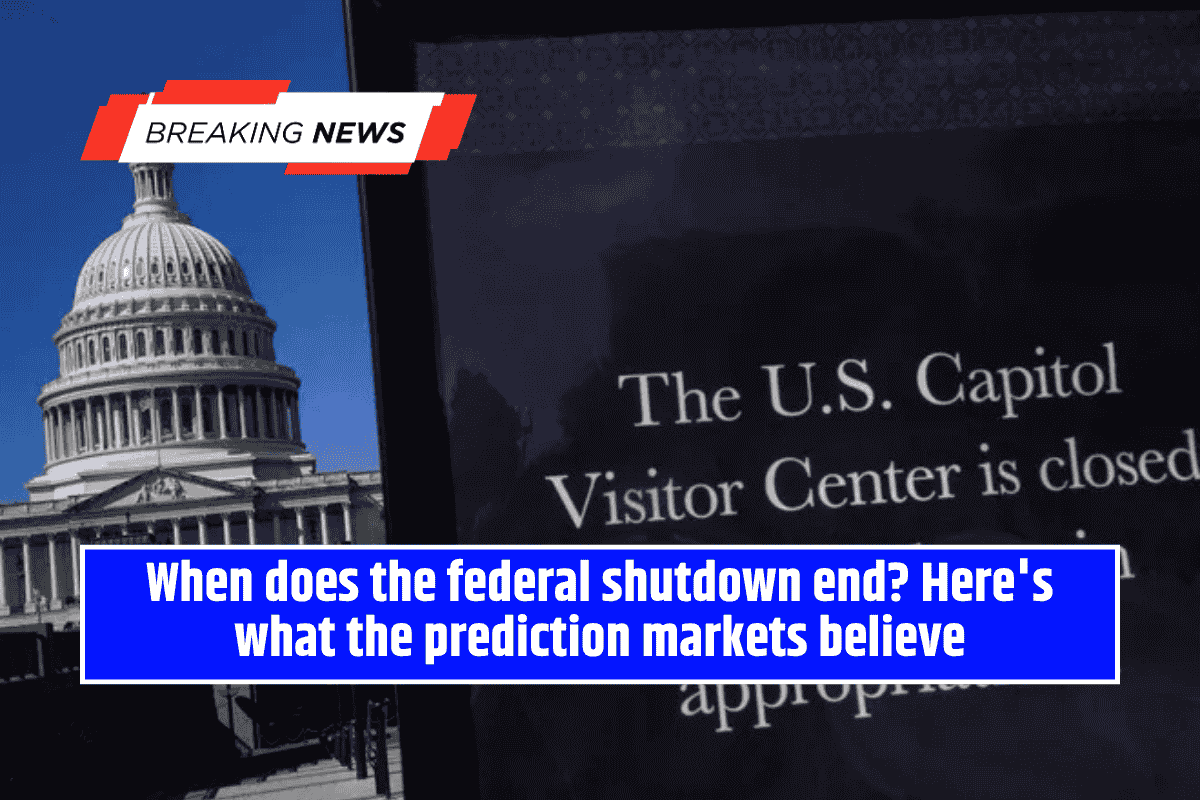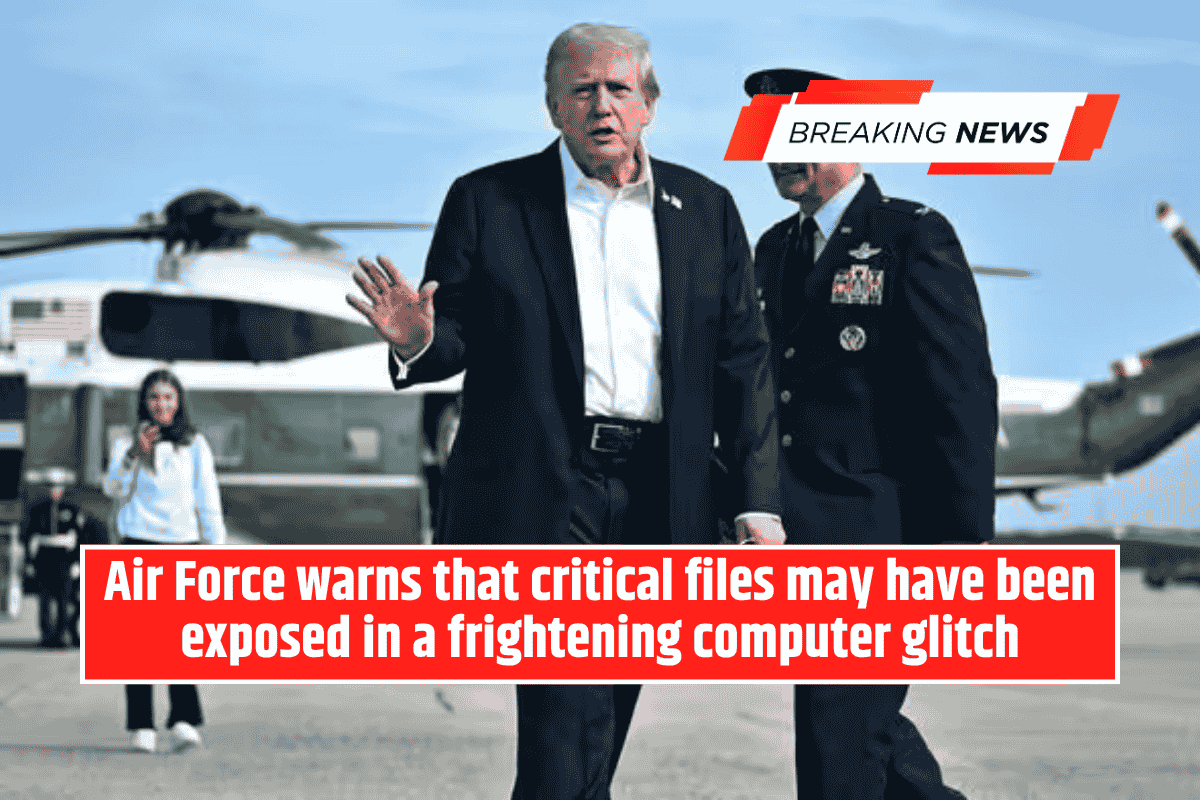The U.S. government faces a shutdown next week, with little indication that Republicans and Democrats will strike a last-minute deal. President Donald Trump spent the weekend before the deadline at a golf tournament, while most lawmakers left town after a recess.
The House of Representatives isn’t scheduled to reconvene until October 1—the day after the shutdown would begin.
Key Issues Dividing Lawmakers
Democrats are holding firm on demands to reverse Medicaid cuts, extend Obamacare subsidies, and pass laws restricting the White House’s ability to withhold program funding.
Republicans have rejected those proposals outright. Senate Majority Leader John Thune dismissed Democrats’ asks as “unhinged and unreasonable.”
Democrats, however, insist they remain open to compromise. Senator Amy Klobuchar said her party never insisted on winning “every single thing” but emphasized that health care protections remain central to their negotiating stance.
Trump’s Position and Political Context
President Trump has signaled he is unconcerned about a shutdown, telling reporters on September 26: “If it has to shut down, it has to shut down.” His administration has also threatened mass layoffs—escalating fear among federal workers who typically expect only temporary furloughs during funding lapses.
At the same time, Trump is pressing forward with tariffs disrupting global trade and encouraging the Justice Department to pursue charges against former FBI Director James Comey, further inflaming political divisions.
Consequences for Americans
If no deal is reached by September 30, the government will partially close on October 1. Essential services like law enforcement, the military, and social safety net programs will continue, but disruptions are expected. Non-essential functions, including national parks, would shut down or run on limited staffing.
For federal workers, the uncertainty is particularly painful. Many fear losing paychecks, with some agencies already preparing to furlough employees indefinitely.
Uncertain Exit Strategy
Congressional leaders have offered little clarity on how to break the impasse. In a September 25 Punchbowl News interview, House Minority Leader Hakeem Jeffries suggested circumstances could change quickly, but for now, there is no clear path forward.
